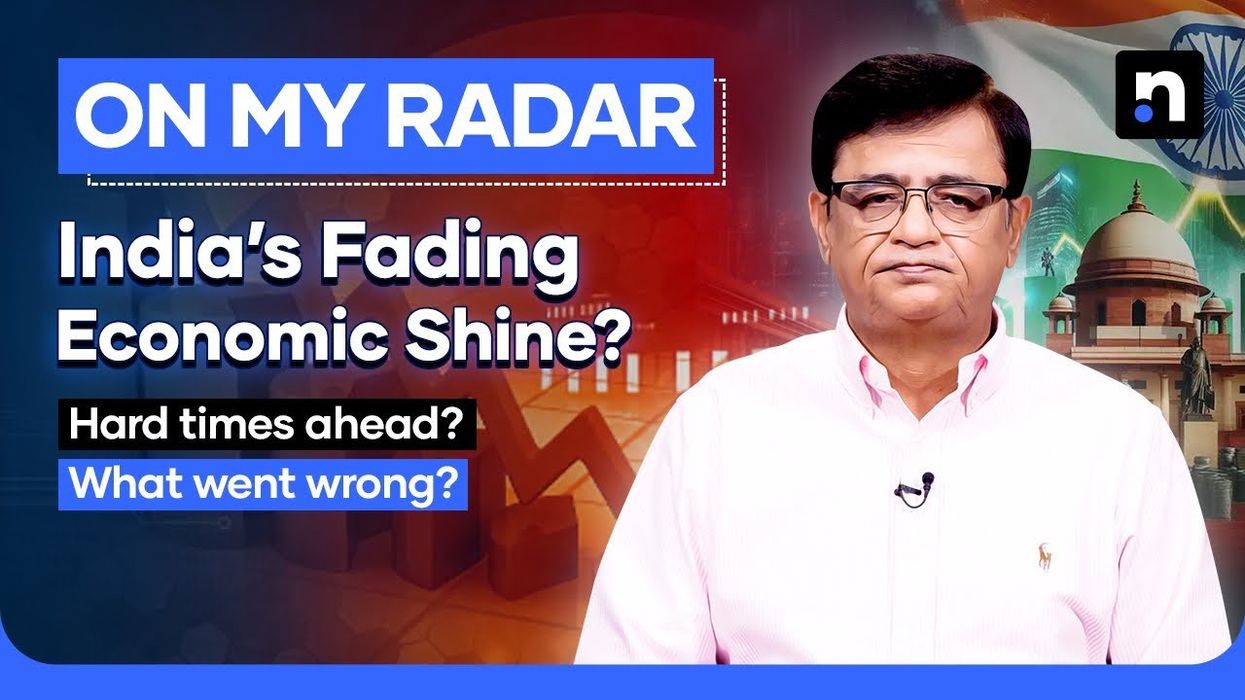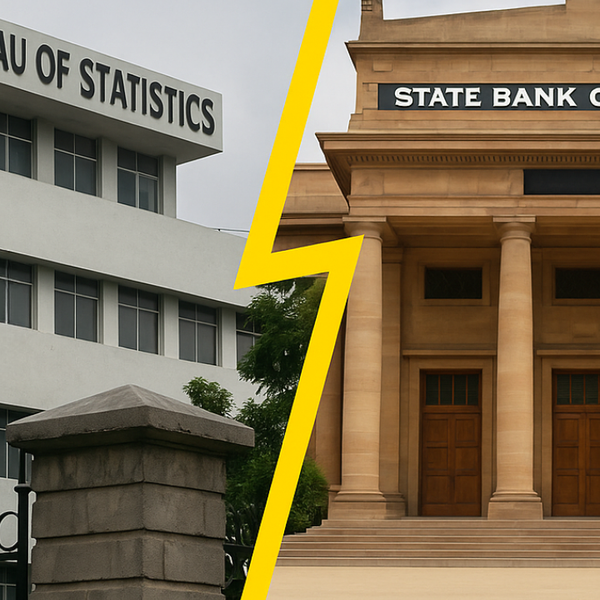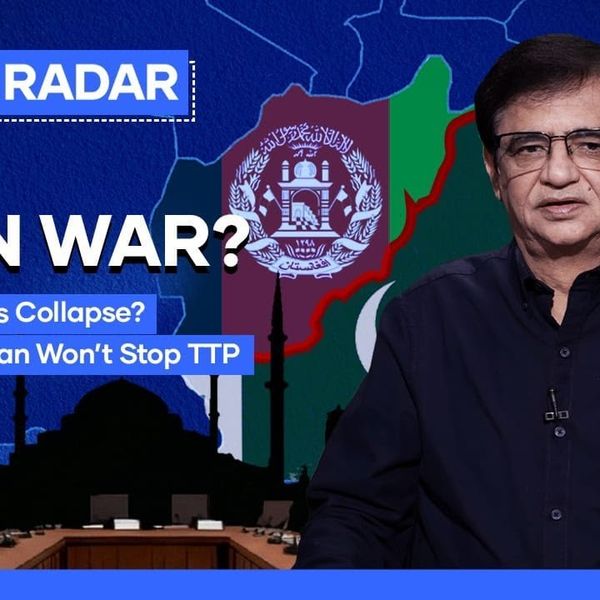India’s economic slowdown sparks investor concerns amid market volatility
Kamran Khan examines India's slowing growth, foreign investor exits, and stock market turmoil, fueling recession fears
News Desk
The News Desk provides timely and factual coverage of national and international events, with an emphasis on accuracy and clarity.
India’s economy, once a fast-growing powerhouse, is showing signs of slowdown. The latest economic data indicates a sharp decline in growth, rising unemployment, and a struggling stock market, raising concerns among investors and economists.
Despite India maintaining higher GDP growth than its South Asian neighbors, the country’s economic momentum appears to be fading. In the last fiscal quarter, GDP growth stood at 5.4%, down from 8.2% a year earlier. Forecasts suggest growth could reach 6.4% by March 2025, but this would still be the slowest expansion in four years.
Foreign investors exit, markets plunge
The economic uncertainty has triggered an exodus of foreign investments. Since October 2024, foreign portfolio investors have sold off stocks worth over INR 2 trillion ($31 billion), with $8 billion withdrawn in January 2025 alone. Analysts attribute this to concerns over corporate earnings, tighter regulations, and warnings from former U.S. President Donald Trump about India's high trade tariffs.
The benchmark Nifty index has dropped 13% from its peak, while the Sensex has fallen by 10%. Nifty has entered a danger zone, experiencing its worst five-month decline since 1996. The Sensex, once at 82,000 points, has fallen to 74,000.
Economist and former Reserve Bank of India (RBI) Governor Raghuram Rajan has warned that excessive centralization in economic policymaking is stifling growth. "India is heading toward a growth recession due to increasing internal and external interventions," Rajan wrote in India Today.
Banking sector faces liquidity issues
India’s banking system is also under pressure. The RBI recently cut its benchmark interest rate by 25 basis points to 6.5%—the first such move in five years. Despite this, liquidity concerns persist, and the rupee has depreciated by 3% in two months, reaching nearly INR 88 per U.S. dollar.
Arvind Subramanian, former chief economic advisor, noted that the RBI has spent $50 billion since October 2024 to stabilize the rupee, but the currency remains weak. “Artificially protecting the rupee is hurting India’s export competitiveness,” he said.
Rising unemployment and corporate losses
Unemployment remains a pressing issue. Government data puts the rate at 3.2%, but private estimates suggest it is closer to 8%. According to Deccan Herald, Prime Minister Narendra Modi is facing criticism for failing to create enough jobs in the world's most populous nation.
Corporate profits have also taken a hit. Nearly half of India’s top 100 listed companies, including Reliance, Maruti Suzuki, and Hindustan Unilever, reported earnings 4% below estimates last quarter.
Adani Group, once a symbol of India’s corporate success, has suffered massive losses. Following bribery allegations in the U.S., the group lost INR 8.7 trillion in market value. Adani Total Gas was the worst-hit, losing INR 2.3 trillion.
Trade tensions with the U.S.
Adding to the uncertainty, Trump has hinted at imposing reciprocal tariffs on Indian goods, criticizing India’s trade barriers. "India is a difficult country to do business with," he said. His statement came just a day before Modi’s visit to Washington, raising concerns about future trade relations.
Can Modi deliver on his economic vision?
As India aims to become a developed nation by 2047, challenges remain. The International Monetary Fund (IMF) had predicted a gradual decline in India’s growth rate, from 7.8% in 2023 to 6.4% in 2024, and possibly lower in 2025.
While Morgan Stanley forecasts India will surpass Japan and Germany to become the world’s third-largest economy by 2027, questions remain over whether Modi’s government can sustain long-term growth. The coming months will be critical in determining India’s economic trajectory.










Comments
See what people are discussing